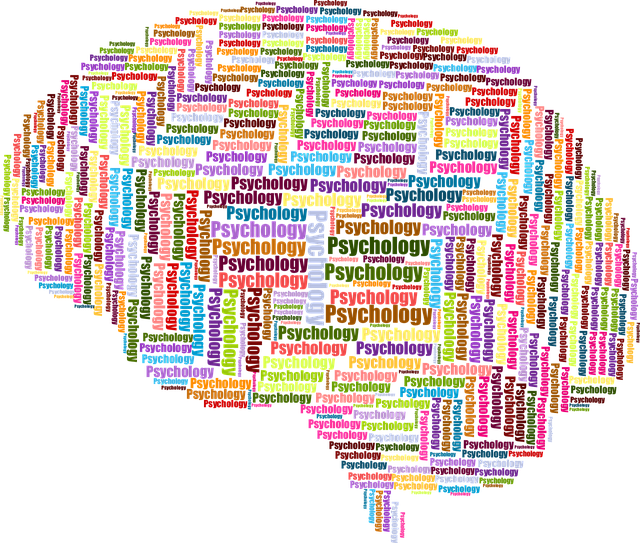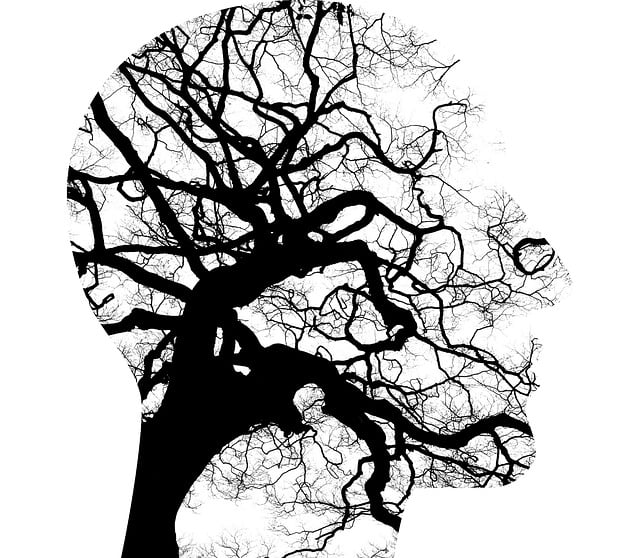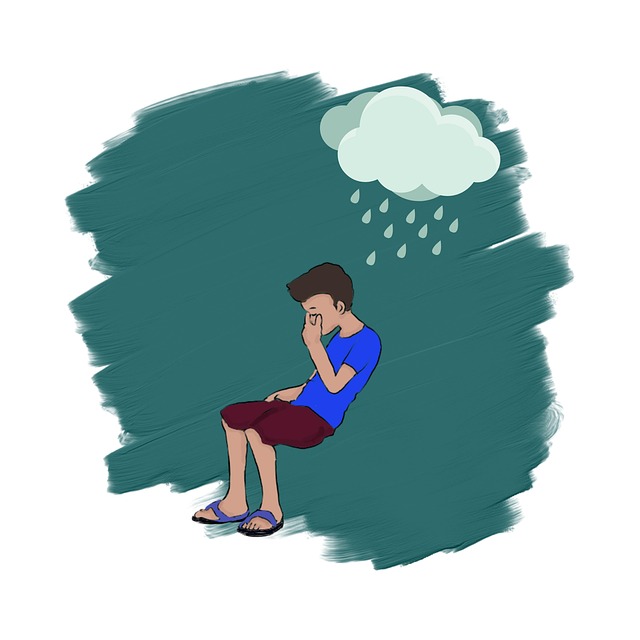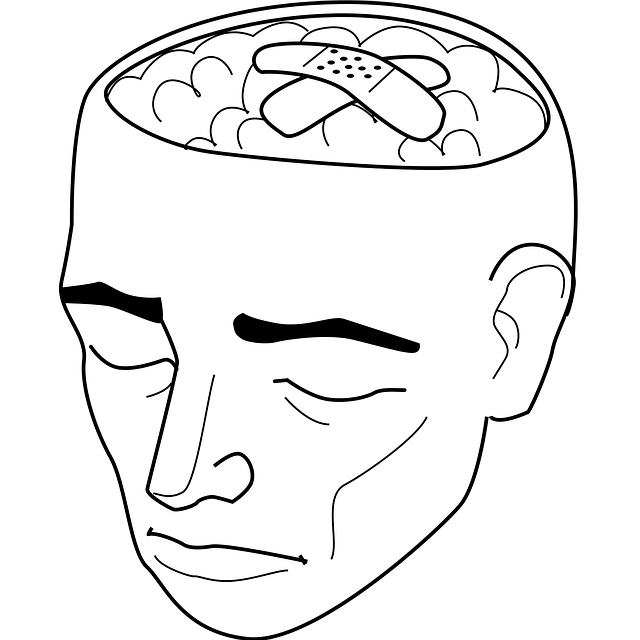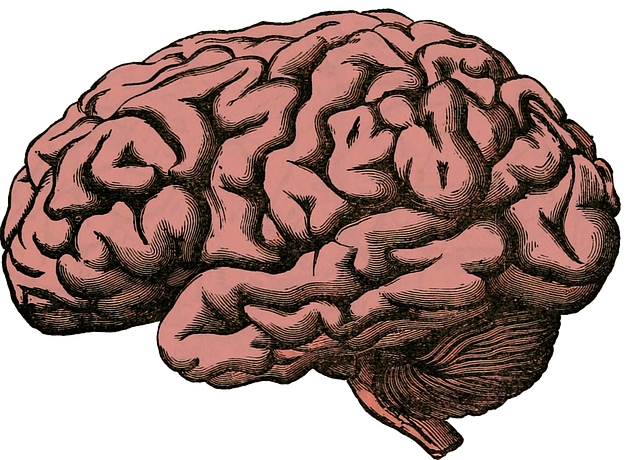In developing mental wellness coaching programs, focusing on therapy for adults pain management is crucial as persistent pain severely impacts mental health. Effective programs go beyond medication, integrating self-care routines, resilience-building, and stress management techniques guided by mental wellness coaches. These holistic approaches empower individuals to transform pain into a catalyst for growth, addressing both physical and emotional aspects for lasting well-being.
“Unwind the intricate relationship between adult pain management and mental wellness through innovative coaching programs. This comprehensive guide explores effective strategies for therapists, delving into the significance of addressing chronic pain holistically.
We uncover how tailored therapy programs can revolutionize recovery, integrating mind-body connections for sustainable well-being. By understanding the root causes of pain, coaches can facilitate transformative journeys, offering hope and improved quality of life for those seeking relief from persistent discomfort. Discover the power of holistic approaches in modern pain management.”
- Understanding Adult Pain Management: Unveiling the Significance in Mental Wellness Coaching
- Designing Effective Therapy Programs: Strategies for Addressing Chronic Pain
- Integrating Holistic Approaches: Nurturing Mind-Body Connection for Sustainable Recovery
Understanding Adult Pain Management: Unveiling the Significance in Mental Wellness Coaching

In the realm of mental wellness coaching programs development, understanding adult pain management is a crucial component that often goes overlooked. Pain, both physical and emotional, significantly impacts an individual’s mental health and overall well-being. What may seem like a minor ache or discomfort can, over time, evolve into a debilitating force, affecting one’s mood, sleep patterns, and even cognitive functions. Many adults struggle with managing persistent pain, which often leads to a vicious cycle of increased stress, anxiety, and depression—a stark contrast to the peaceful mind sought through mental wellness coaching.
Therapy for adults’ pain management is not merely about prescribing medications; it’s about empowering individuals with tools to navigate their pain effectively. Mental wellness coaches play a pivotal role in this process by helping clients develop self-care routines tailored to their unique needs, fostering resilience, and promoting stress management workshops within their organizations. By integrating these practices into coaching programs development, professionals can ensure that individuals not only cope but thrive, transforming pain from a hindrance into a catalyst for personal growth.
Designing Effective Therapy Programs: Strategies for Addressing Chronic Pain

Designing effective therapy programs for chronic pain management requires a multifaceted approach tailored to individual needs. For adults struggling with persistent pain, integrating coping skills development into treatment plans has proven beneficial. Mental wellness coaches play a crucial role in guiding patients through emotional healing processes by teaching them strategies to manage pain and enhance their overall quality of life.
By focusing on both physical and psychological aspects, these programs empower individuals to take control of their health. Through tailored interventions, mental wellness coaching can help participants develop resilience, improve coping mechanisms, and reduce the impact of pain on daily life. This holistic approach ensures that adults receiving therapy for pain management not only alleviate symptoms but also cultivate lasting strategies for optimal mental wellness.
Integrating Holistic Approaches: Nurturing Mind-Body Connection for Sustainable Recovery

Incorporating holistic approaches into mental wellness coaching programs is a game-changer when it comes to fostering sustainable recovery, particularly for adults dealing with pain management issues. The mind-body connection is a powerful aspect often overlooked in traditional therapy for adults. By integrating practices that nurture this relationship, coaches can enable clients to develop self-care routines for better mental health and overall well-being. This might include techniques such as mindfulness meditation, which has been shown to enhance emotional intelligence and reduce stress.
Holistic coaching recognizes that physical pain is often intertwined with emotional distress, and addressing both simultaneously can lead to more profound and lasting results. Encouraging clients to explore the connection between their thoughts, feelings, and bodily sensations allows for a more comprehensive understanding of their pain management needs. This tailored approach ensures that individuals not only find relief from symptoms but also develop long-term strategies to maintain mental wellness, embracing a holistic and integrated lifestyle.
Mental wellness coaching programs that incorporate therapy for adults’ pain management, coupled with holistic approaches, offer a comprehensive strategy for sustainable recovery. By addressing both the mind and body, these programs can effectively nurture resilience and improve overall mental wellness. Integrating strategies from various sections, such as understanding adult pain origins, designing tailored interventions, and fostering mind-body connection, enables coaches to guide individuals towards transformative healing experiences.
